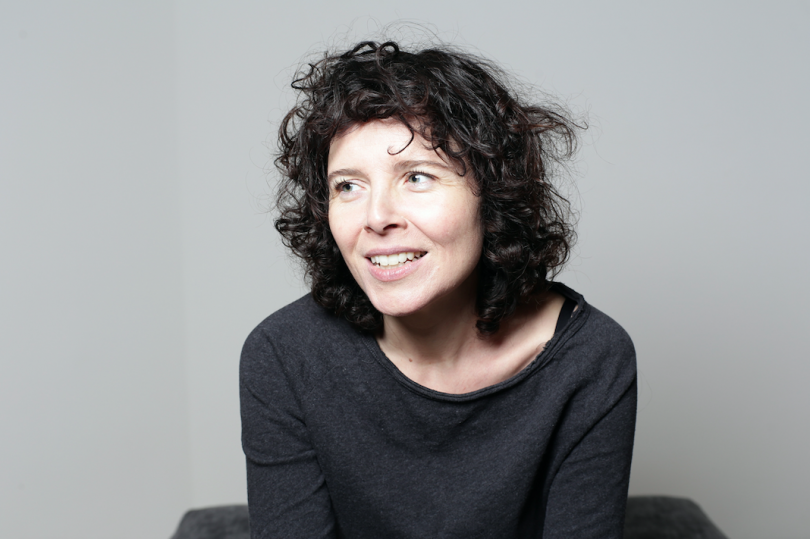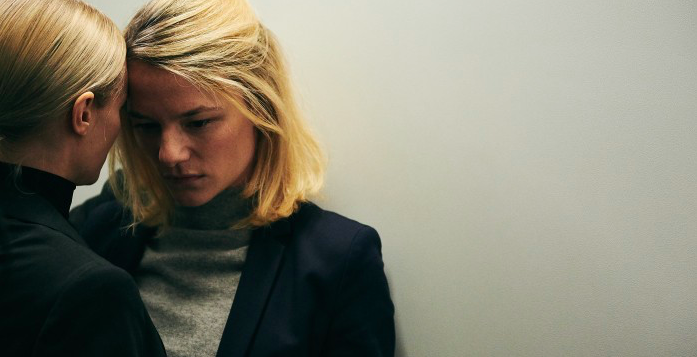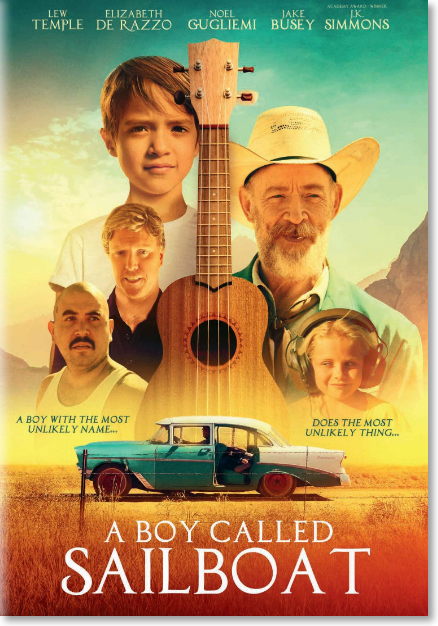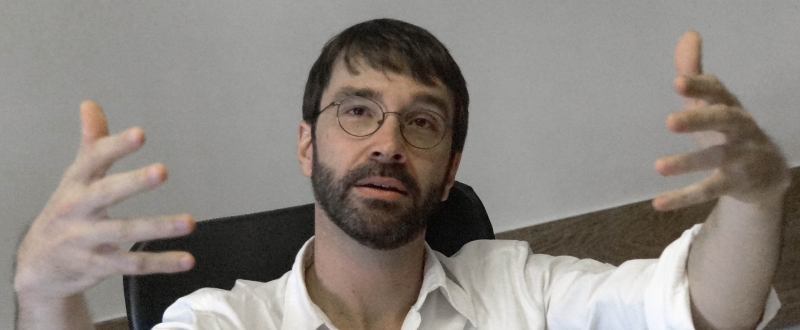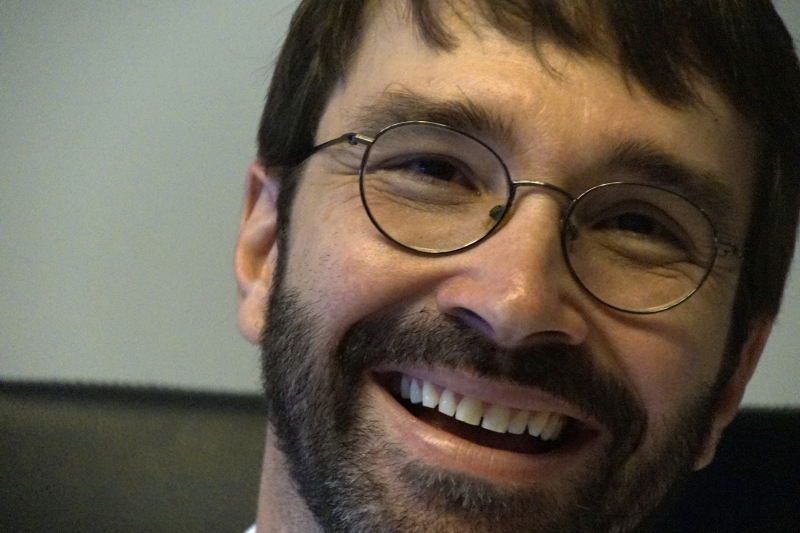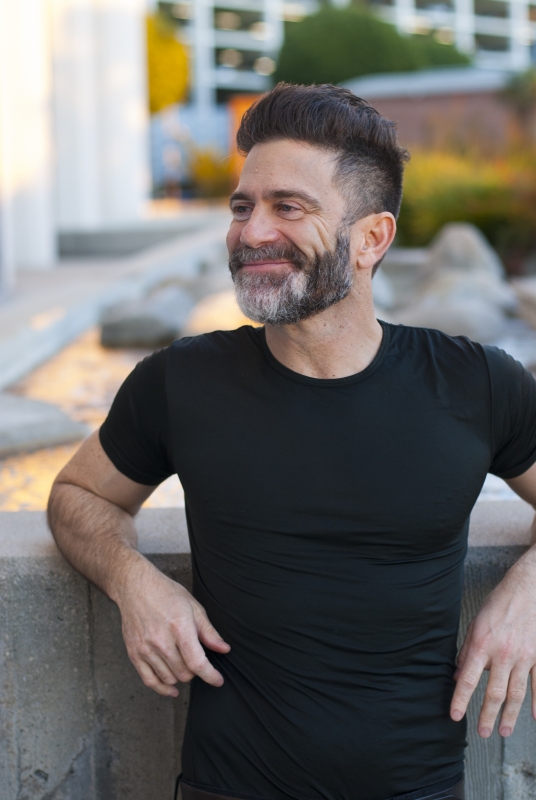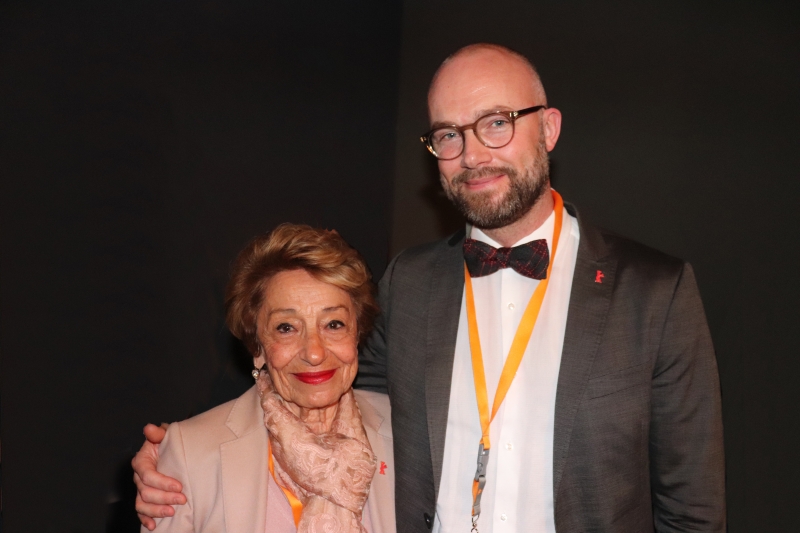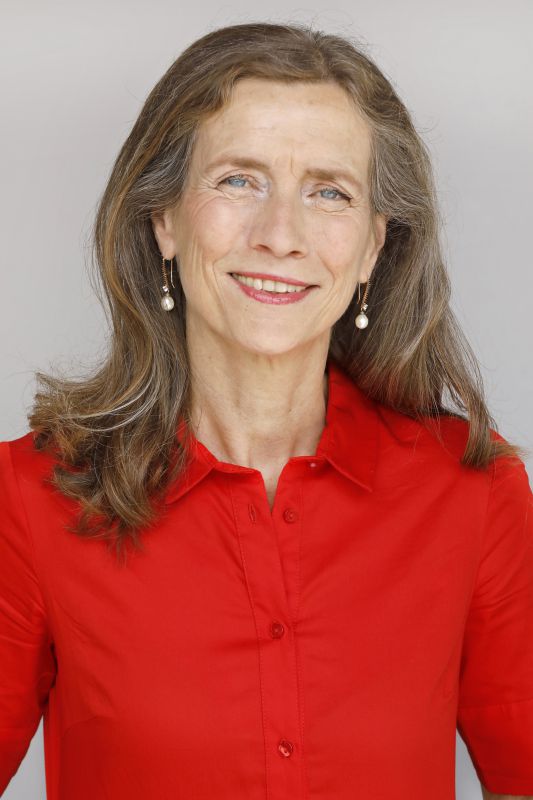|
|
||
|
Pro Tools
FILMFESTIVALS | 24/7 world wide coverageWelcome ! Enjoy the best of both worlds: Film & Festival News, exploring the best of the film festivals community. Launched in 1995, relentlessly connecting films to festivals, documenting and promoting festivals worldwide. Working on an upgrade soon. For collaboration, editorial contributions, or publicity, please send us an email here. User login |
Marie Kreuzer: The Ground beneath my feet
Marie Kreuzer is an Austrian writer director and producer. Her latest film, The Ground beneath my feet (Den Boden unter den Fußen) is in official completion at the 69th Berlinale. It tells the story of Lola, a successful consultant who struggles between finding her identity, sexuality and freedom, while being divided between a comfortable lifestyle and her past and her schizophrenic sister.
What was your starting point for the script?
There were many starting points. My aunt was schizophrenic and I used to spend a lot of time with her as a kid, and later when I was a student and we used to live in the same city. And it was quite difficult every time we met, she would become obsessive and wouldn’t let me go. Then I would distance myself and it would go like that time after time for a while. So I was doing research throughout my childhood and teenage hood without consciously knowing it. And I guess I was scared I would get the illness as well, especially because everyone was telling us we look so much alike.
The second stepping stone for the story was my step sister who was a consultant in a big company and the character, Lola, is inspired by her. I was still very young at the time, an artist, with no money and stable position and our worlds were so different. I did a documentary about her earlier but it wasn’t easy as most information on her work is confidential. So I was still fascinated to make a film and include this world of business and the image of our society it represents.
You do a one-woman show here. Was it a struggle writing and creating Lola?
Writing is hard for me, you are alone and you try to bring the project to the next level and get yourself going. And after that, I almost never remember how I did it, it’s like a closed chapter. And also it took me so long to make this film - I wrote it, then made two other films, had a baby and then came back to it. But I think Lola was always there, first as my step sister and later she became a person with other problems and a more rounded character with an emotional structure. When you begin working with the actresses, there is a lot to discuss, it’s like testing your script again. Also, we initially thought of making the story for TV, and later we dropped it cause they would have wanted a more clear version of it, with a very transparent ending, and with Lola being a heroine, an only positive character, which she definitely is not in the film. But that’s what drew me in the first place anyway, that she was meant to be a normal person, not a heroine.
Do you find it harder for people who are in similar situation to Lola’s to identify with her, or the opposite?
It’s very hard to know who will like her and who won’t. There were people who worked with me, knew the story and yet said they cannot connect to the character. On the other hand there were those, whose emotions I have never seen openly expressed. They came to me and said that Lola touched them so much. It’s alway a gamble and very unpredictable, it depends on people’s situation at that particular time and place.
The film is about the alienation of the work system and the character is a bit caricaturesque. Was this important to you?
Very much. I did not want the consultants to seem cynical about their approach to life. I wanted people to understand that the way they see life and business is because they believe it’s for the better, for the greater good. It’s more about how over-working ourselves affects all of us. We feel we can never be enough, that we always need to push harder. Everyone can relate to that, I think.
Do you find there is stigma in Austria in regards to mental health? And even more today when we live in the era of over-labelling ourselves and having to justify everything we go though or choose to do.
I think there is stigma everywhere. But the fact that today sometimes we say ‘Oh, I’m so depressed’ without thinking that for people around us is a reality, I think has two sides. It might be dangerous but also the positive side is that we talk more, so if you are really depressed you can also say it. Mental health is obviously very broad and schizophrenia that we deal with in the film is on the more serious side. The reason I think people are always more scared of mental health issues, is because they are so unpredictable, maybe even more than cancer at times. The fear of losing control over yourself is what fascinated me as well so much in these characters.
15.02.2019 | Berlin's blog Cat. : 2018 berlin berlinale compétition ground beneath my feet Interview marie kreuzer FESTIVALS
|
LinksThe Bulletin Board > The Bulletin Board Blog Following News Interview with IFTA Chairman (AFM)
Interview with Cannes Marche du Film Director
Filmfestivals.com dailies live coverage from > Live from India
Useful links for the indies: > Big files transfer
+ SUBSCRIBE to the weekly Newsletter Deals+ Special offers and discounts from filmfestivals.com Selected fun offers
> Bonus Casino
User imagesAbout Berlin Chatelin Bruno Chatelin Bruno |

















